Blog
Unlocking Excellence: Quality at the Core
-
FMEA in QMS: Complete Implementation Guide
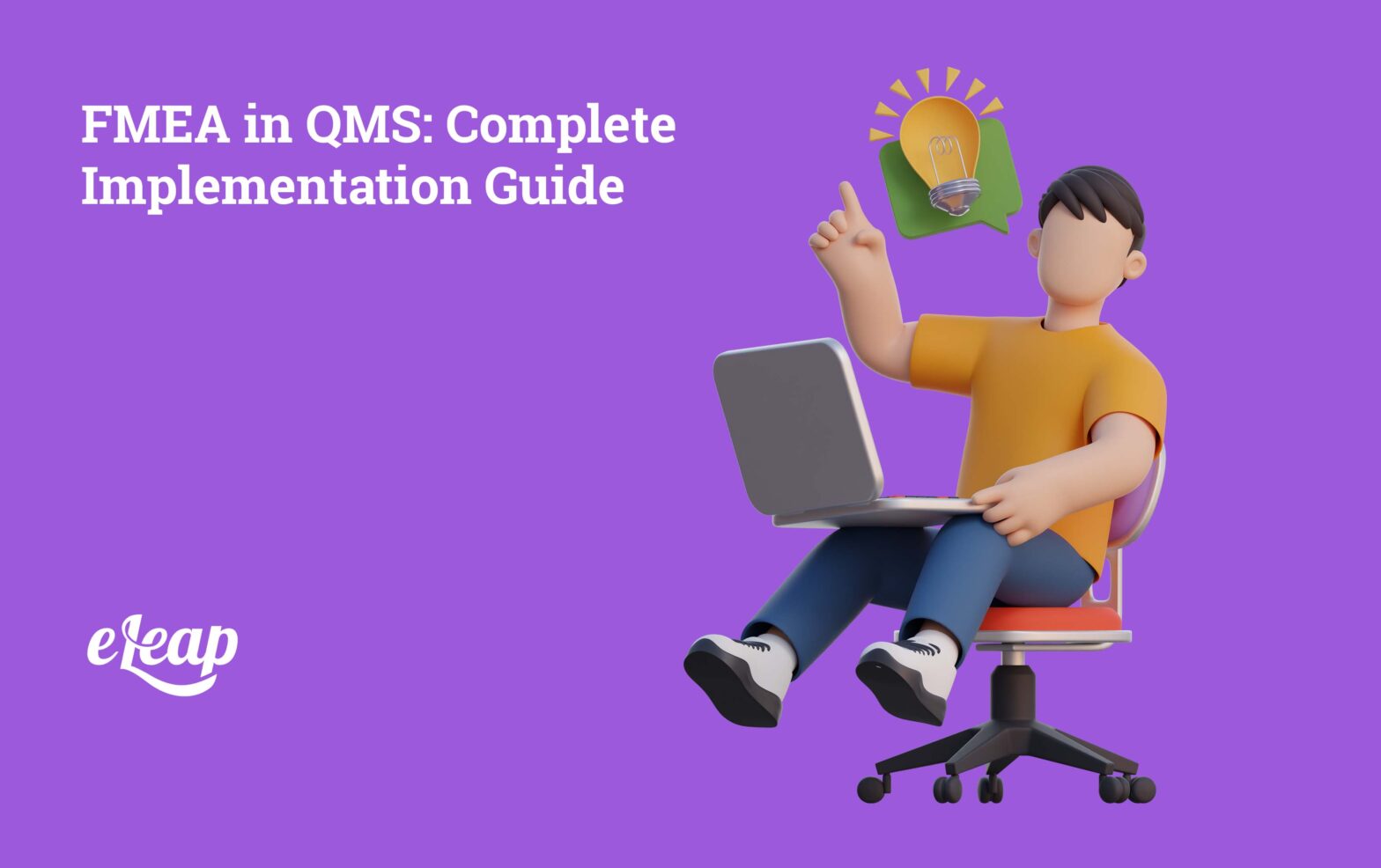
Failure Mode and Effects Analysis (FMEA) serves as the backbone of proactive risk management within Quality Management Systems (QMS). When potential failures threaten product quality, safety, or compliance, FMEA provides the systematic framework to identify, evaluate, and mitigate risks before they reach customers. In regulated industries like medical devices, automotive, and aerospace, inadequate FMEA implementation […]
-
Enterprise Manufacturing Intelligence: The Missing Link in Quality Management System Excellence
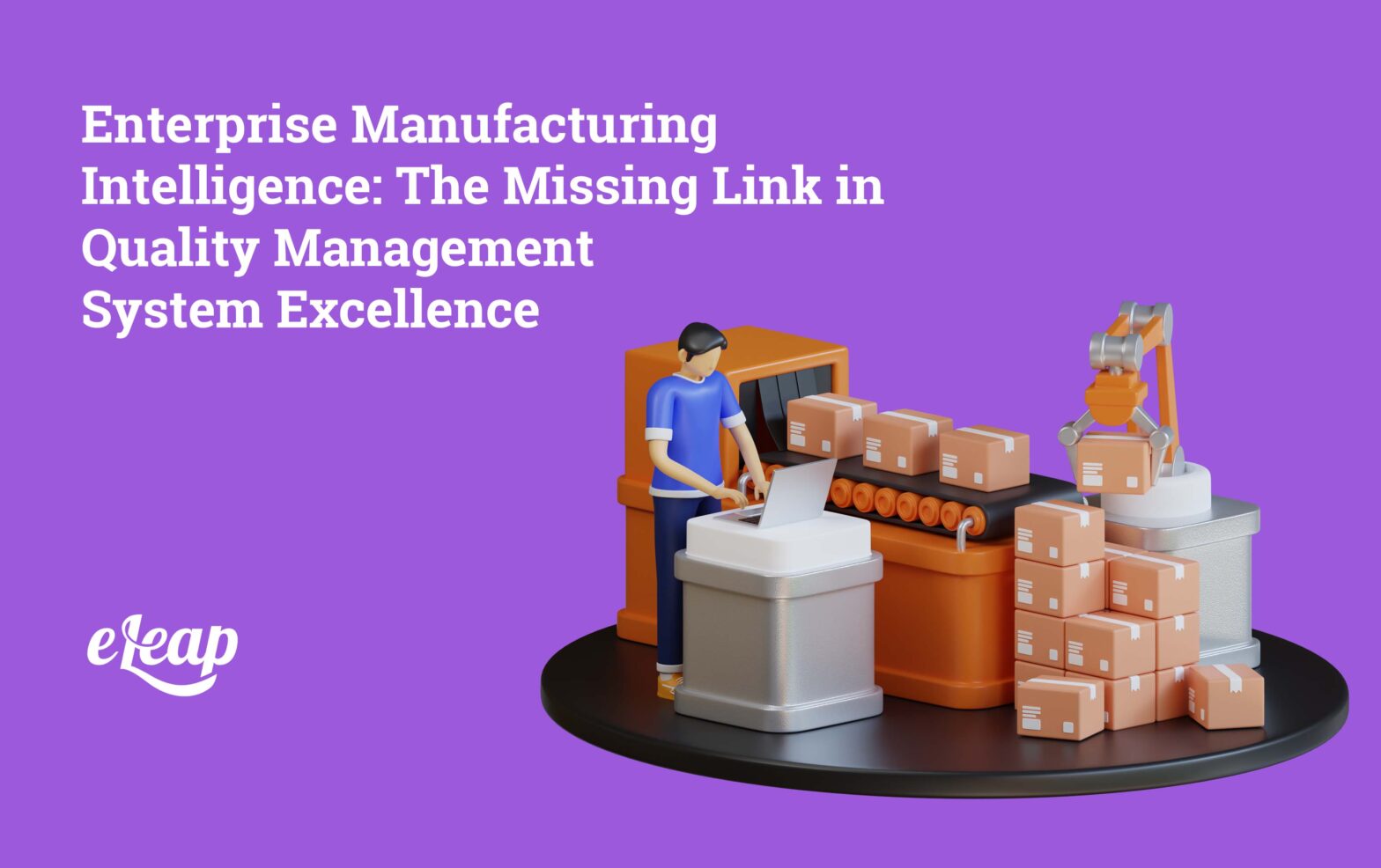
Quality Management Systems have evolved beyond simple compliance tools to become strategic assets that drive operational excellence. Yet, many manufacturers struggle with fragmented systems, isolated data silos, and outdated reporting mechanisms that hinder decision-making and obscure the true cost of poor quality. Enterprise manufacturing intelligence emerges as the critical solution that transforms raw shop-floor data […]
-
Engineering Change Request (ECR) in QMS: Complete Change Management Guide

An Engineering Change Request (ECR) serves as the formal gateway for evaluating and documenting proposed modifications to products, processes, or related documentation within Quality Management Systems. Organizations implementing robust ECR processes experience improved product quality, reduced costs, enhanced regulatory compliance, and streamlined change management workflows. The ECR process ensures that every engineering modification undergoes proper […]
-
Device Master Record: Guide to DMR Compliance and Best Practices
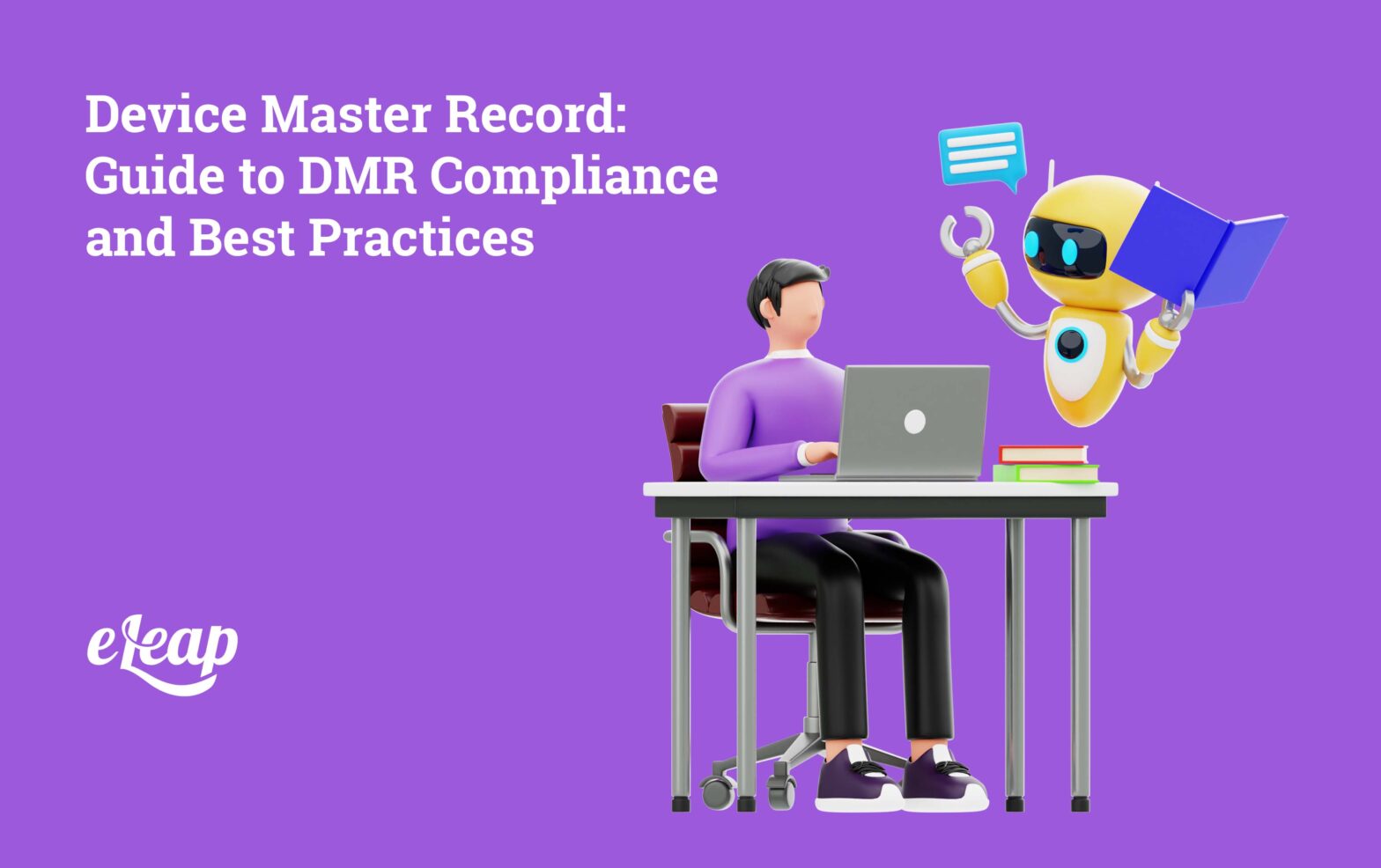
A Device Master Record (DMR) serves as the authoritative set of documents that defines exactly how to build, label, package, test, install, and service a medical device consistently and compliantly. When teams align around a well-governed Device Master Record, they minimize variability, reduce risk, improve traceability, and accelerate audit readiness. Conversely, when the DMR is […]
-
Customer-Supplier Partnership in QMS: Driving Quality Excellence
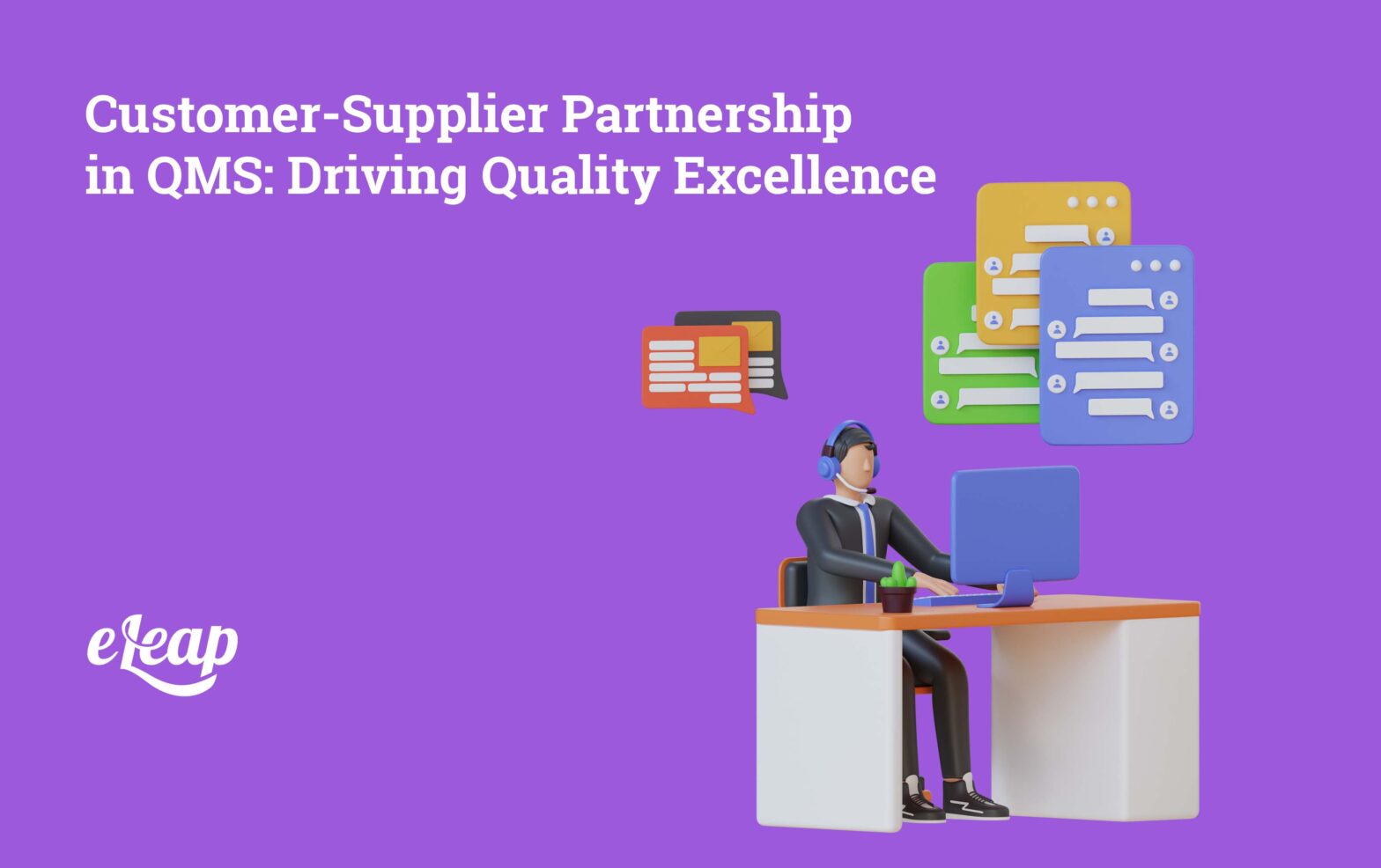
The strength of a customer-supplier partnership can determine whether an organization thrives or struggles to maintain quality and compliance. Within a Quality Management System (QMS) framework, these partnerships represent collaborative engagements built on trust, shared objectives, and a commitment to continuous improvement rather than simple transactional relationships. Organizations across industries are discovering that robust customer-supplier […]
-
QMS Complaint Tracking: Best Practices and Implementation
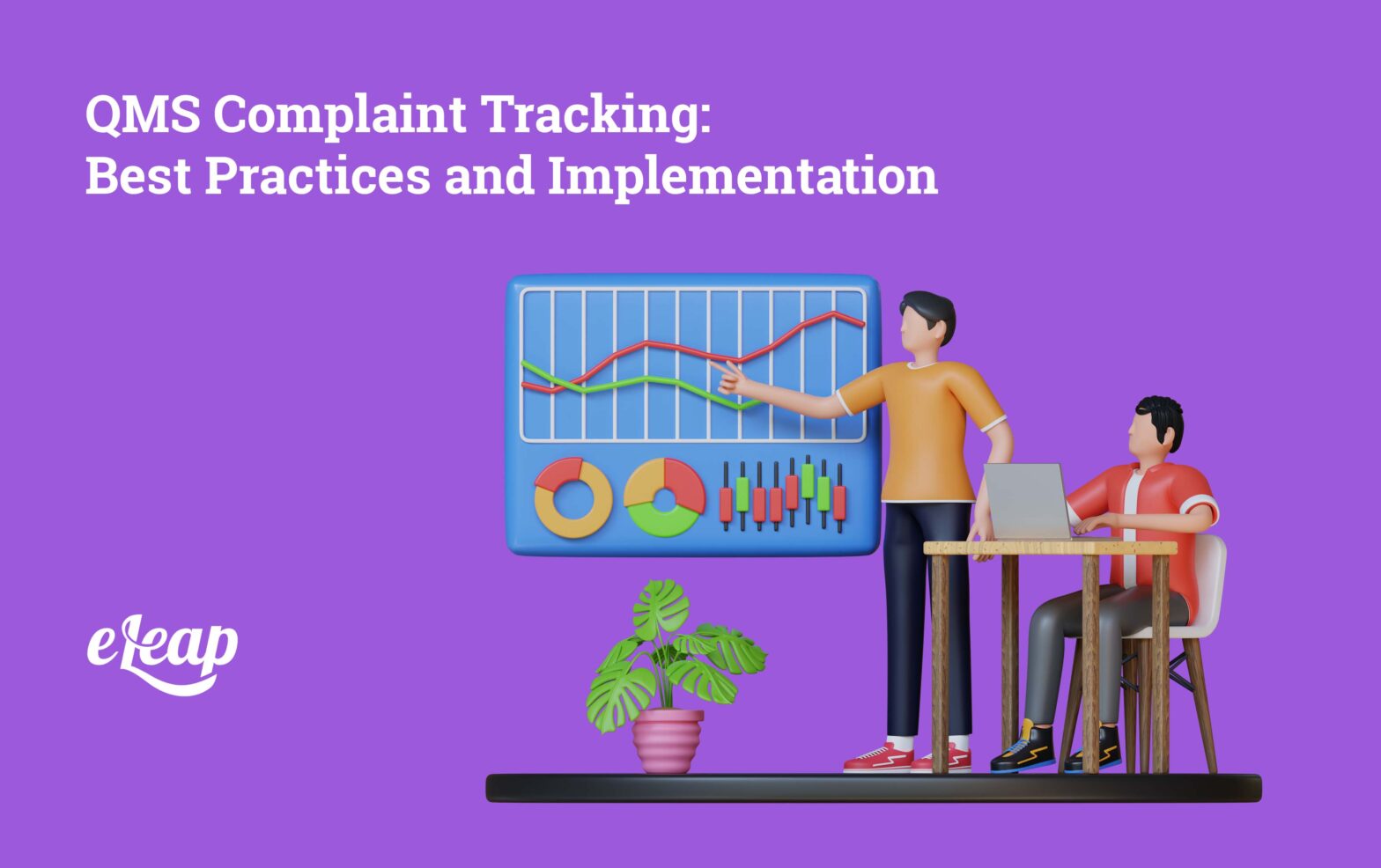
Quality Management System (QMS) complaint tracking captures customer- and user-reported issues, converts them into structured records, and drives investigations, corrective actions (CAPA), and continuous improvement. For regulated industries, especially medical devices, pharmaceuticals, and food manufacturing, complaint tracking data often serves as the first signal of product, process, or design failures. QMS complaint tracking reduces regulatory […]
-
Quality Management System Consultant: Your Guide to ISO Certification
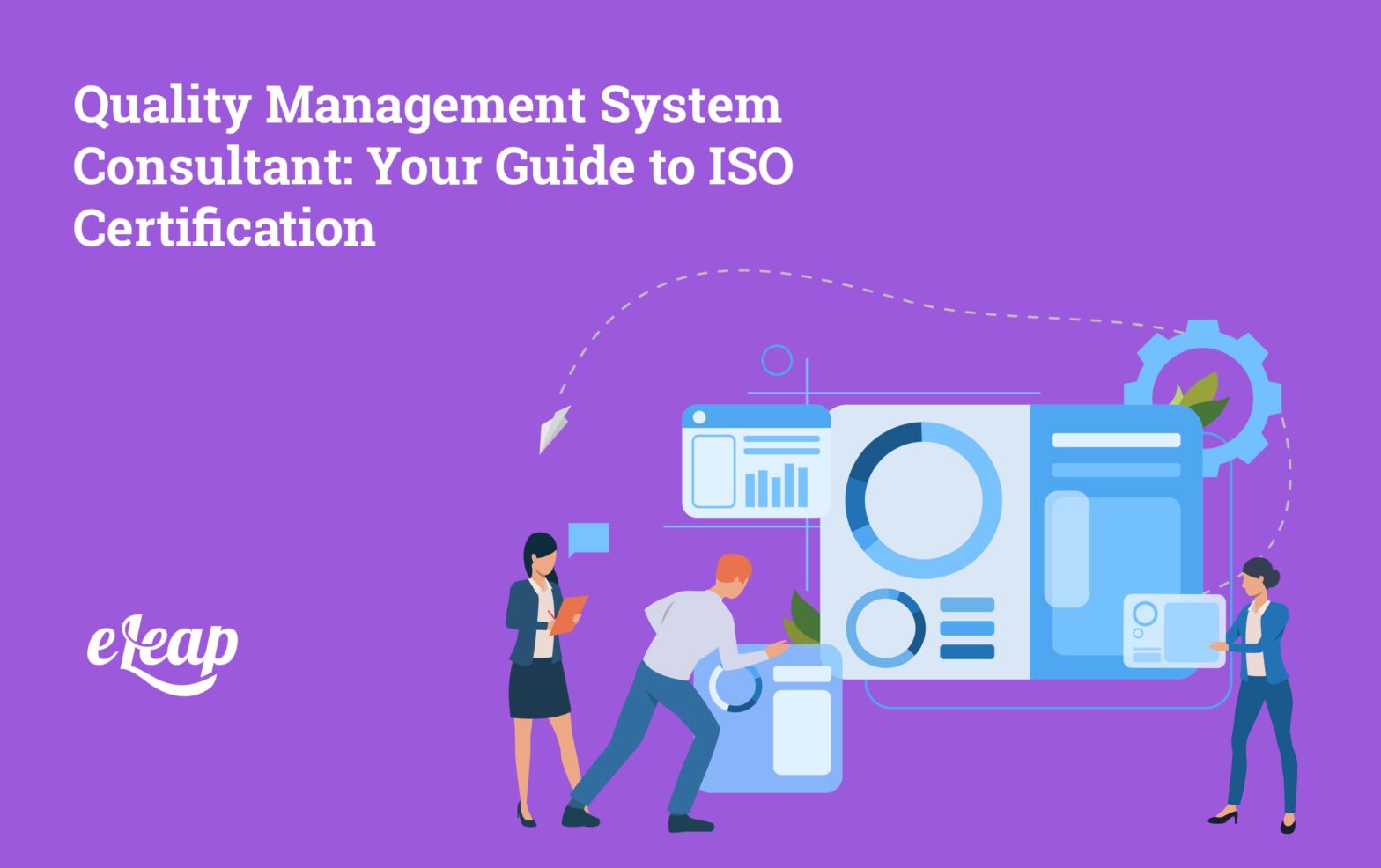
Manufacturing excellence and regulatory compliance depend on systematic approaches to quality management that go far beyond basic documentation. A Quality Management System Consultant brings specialized expertise to transform complex ISO requirements into practical, implementable processes that drive real business results. These professionals understand that achieving ISO certification requires more than checking boxes—it demands a fundamental […]
-
Compliance Audit Software in QMS – Benefits, Features, and Best Practices
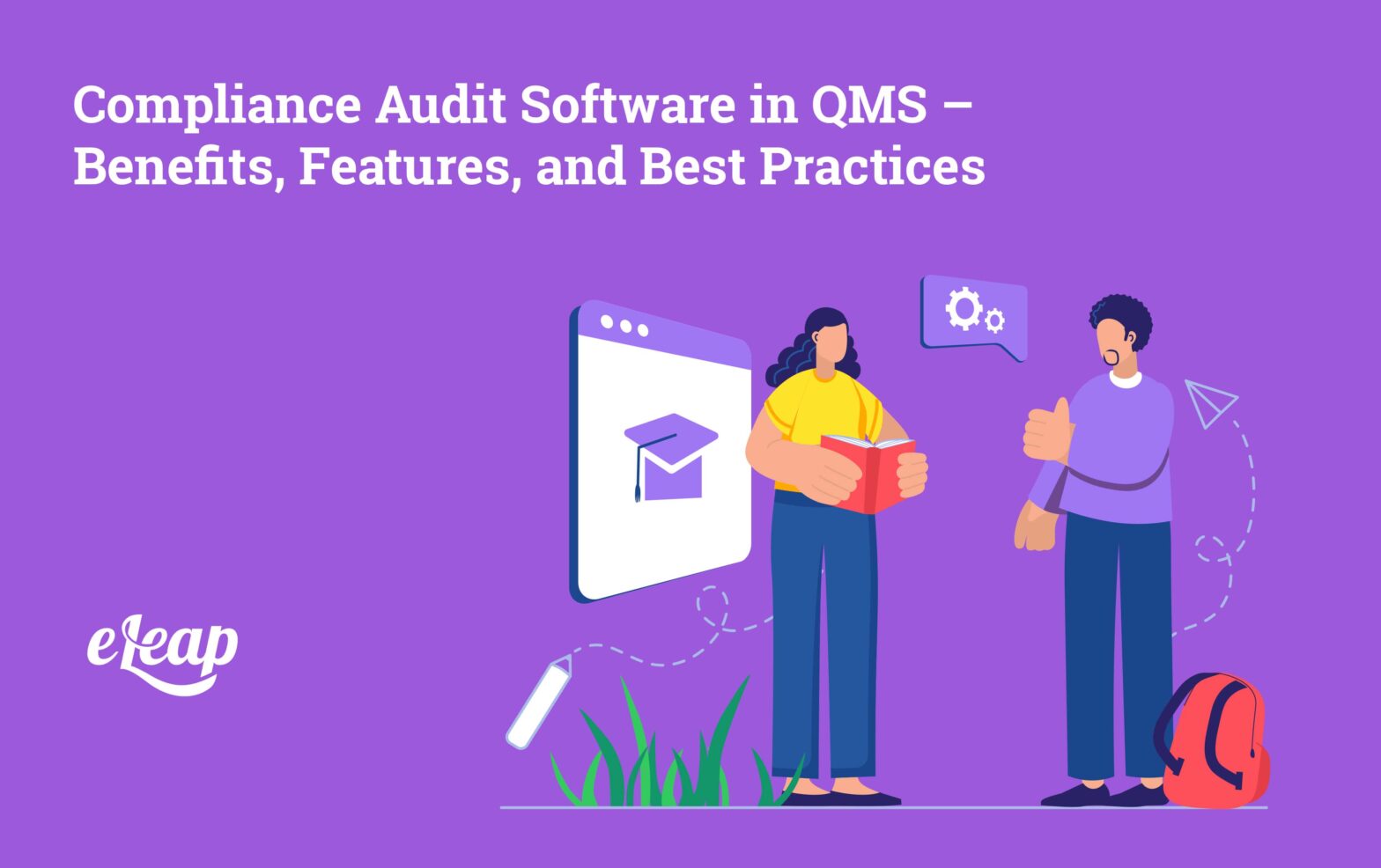
Manual auditing methods consistently fail to meet the demands of complex regulatory frameworks like ISO 9001, ISO 13485, FDA 21 CFR Part 11, and GxP guidelines, leaving organizations exposed to costly compliance risks. Compliance audit software transforms this challenge by automating workflows, ensuring complete traceability, and integrating seamlessly with document control and CAPA systems within […]
-
Audit Software in QMS: Streamlining Compliance and Driving Continuous Improvement
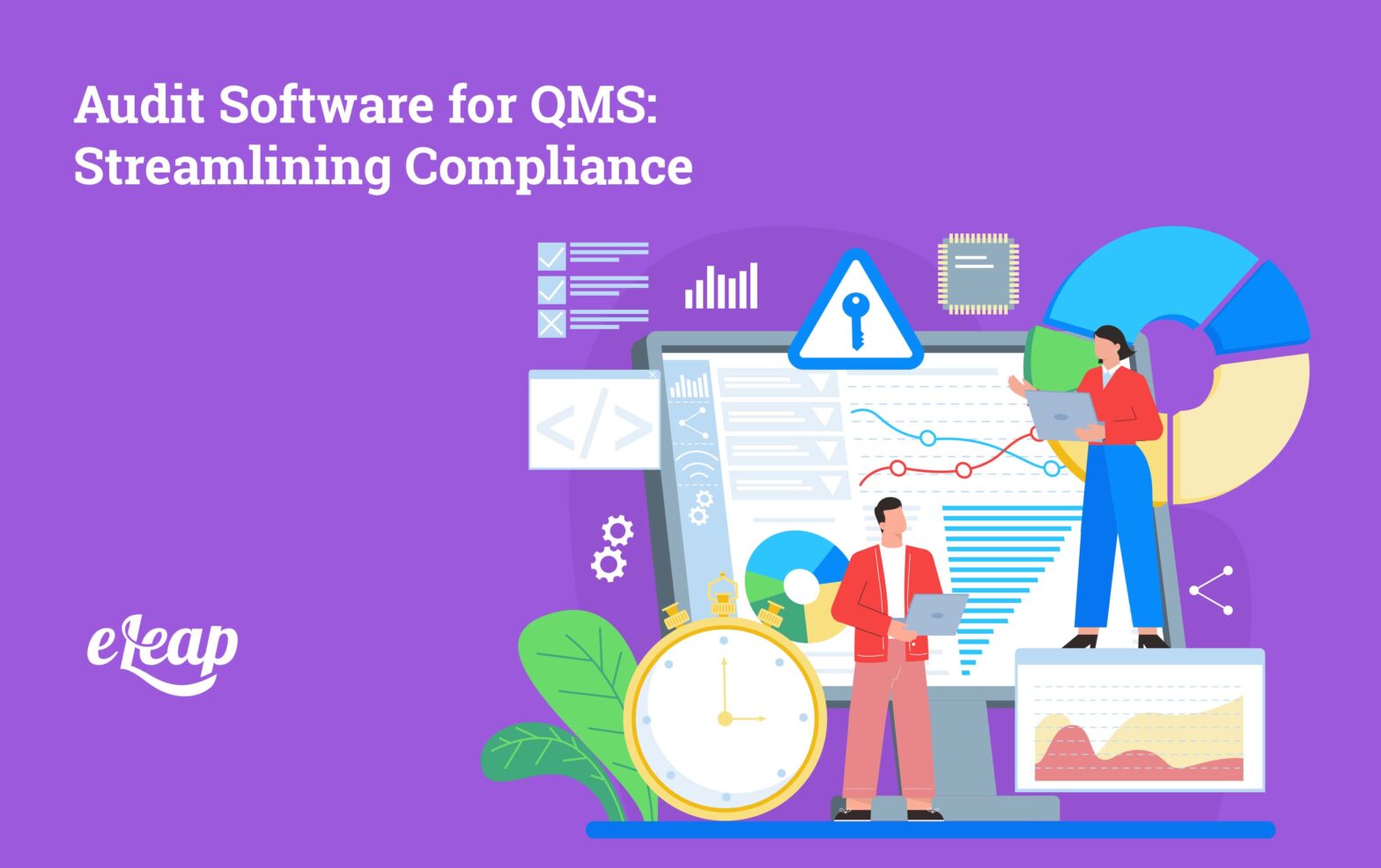
Quality Management Systems require rigorous oversight to maintain standards and meet regulatory requirements. Audit software has transformed how organizations approach QMS compliance, replacing manual processes with automated solutions that reduce errors while improving efficiency. Traditional paper-based checklists and spreadsheet tracking often lead to compliance gaps, making audit software essential for modern quality management. What Is […]
-
Quality Management System in Pharma: Complete 2026 Guide
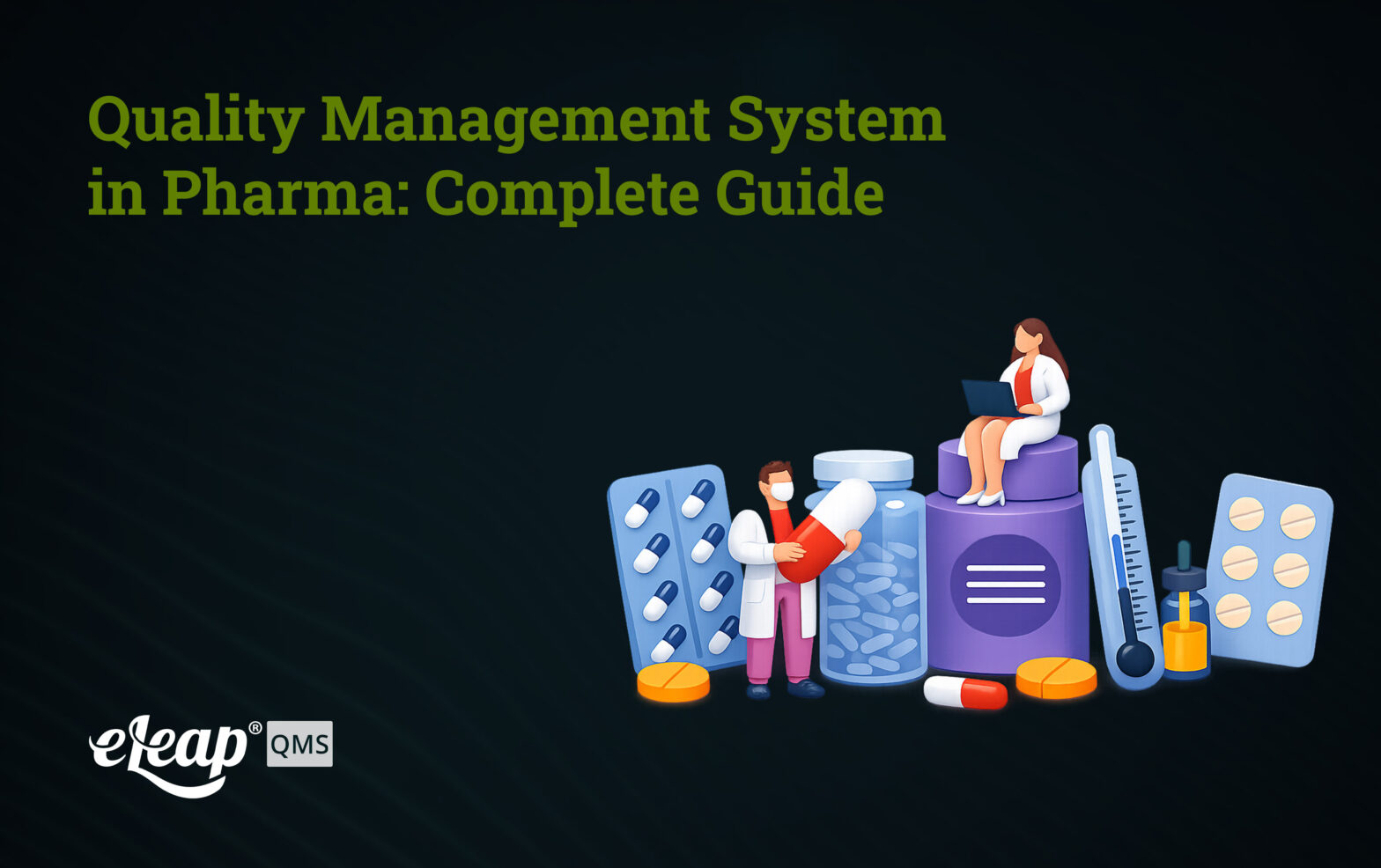
Pharmaceutical manufacturing operates under the most rigorous quality requirements in any industry. A single quality failure can endanger patient safety, trigger costly recalls, result in regulatory penalties, and destroy a brand reputation built over decades. Every company involved in manufacturing, testing, packaging, and distributing medicinal products must implement a robust Quality Management System in Pharma […]
Search articles by...
Find your way around our blog by searching using a keyword or a group of keywords or by choosing a tag.